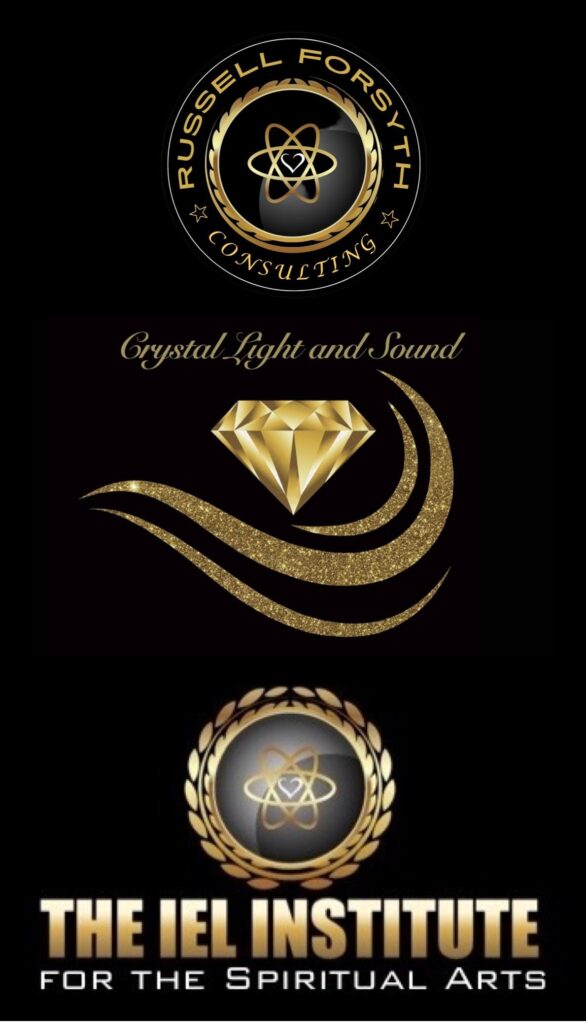Making amends comes from a deep place of self-awareness. The first part of the process involves admitting you may have made a mistake. Few are willing own a mistake or go to such a vulnerable place. Everyone can experience making poor judgments to some degree. Say you blurted out some hurtful names to someone. As a result, that person experienced a confidence problem. Making amends can help restore their self-esteem.
There is a difference between making amends and offering an apology to someone you hurt. Making amends is taking action to right a wrong. Your action has a goal of restoring balance to the relationship. It’s challenging for me to own my mistakes! (tee hee) Yet everyone makes decisions based on poor judgment from time to time. Without making amends, severe consequences can occur. An energy block can be formed along with cords of negative attachment. A karmic bond can occur within yourself or between you and the other person.
One benefit of making amends is the release from any shame created around wrongdoing. Opportunities for learning occur. A positive outcome can be the result of taking action. Integrity of spirit can follow acts involving demonstration of humility and empathy. Engaging with the process of making amends could be one of the best character builders! Is the same true for developing intuitive senses? What about spiritual growth? The questions are building which is a sure sign it is time for a whisper on making amends:
The first stage of the process of making amends requires understanding. In a moment of reflection one can understand your role in any situation. After a cooling-off period, you can think about what happened, to assess your actions. Human ego is defensive by nature and will influence justification of any action. The seeds are planted as you move past the wall of lower emotions into the realm of self-assessment.
Physical empathy is a feature of the Solar Plexus. Within this energy center is where you find gut feelings and reactions. Instincts will guide you beyond the initial self-examination. Acceptance of responsibility for any mistake is movement toward emotional freedom. Mistakes could be as simple as actions or words that are not in alignment with your core. Bitterness, resentment, and anger are signs there is a need to make amends.
In order to rectify any damage, a strategy must be considered. The goal is to bring balance by making gestures and taking action. It’s easy to overcompensate to the point of seeming insincere. A grounded approach with genuine engagement is called for, but isn’t always accepted. Making amends is dependent on how you communicate without blame. Speak from your heart about your priorities, intentions, and feelings around bringing resolution.
Others may not be ready to restore trust or forgive. Recognition of another person’s lack of readiness can help with your process. Your willingness and desire to balance the relationship is movement toward resolution. Release from negative bonds does not depend on others to accept your attempt to make amends. Self-realization and acceptance of responsibility are turning love and light inward.
Bring joy, ease suffering and create beauty, then dance like you mean it!
Blessings, Russell
“Sometimes you only get one chance to rewrite the qualities of the character you played in a person’s life story. Always take it. Never let the world read the wrong version of you.”
Shannon L. Alder
Want an Experience?
Do you want to learn how to to see auras? The 4.1 Multidimensional Bodies might be for you.
Are you interested in learning how to grow your intuitive senses? The 1.2 Archangels and Ascended Masters will show you a fun way to experience your gifts.
Have you ever been interested in a past-life experience? The 5.2 on Past Lives has an exercise designed with this in mind.
Start your new journey today at the IEL Institute for the Spiritual Arts. Years in the making, the comprehensive material is available for one low monthly price. In gratitude, Russell and Beckie


